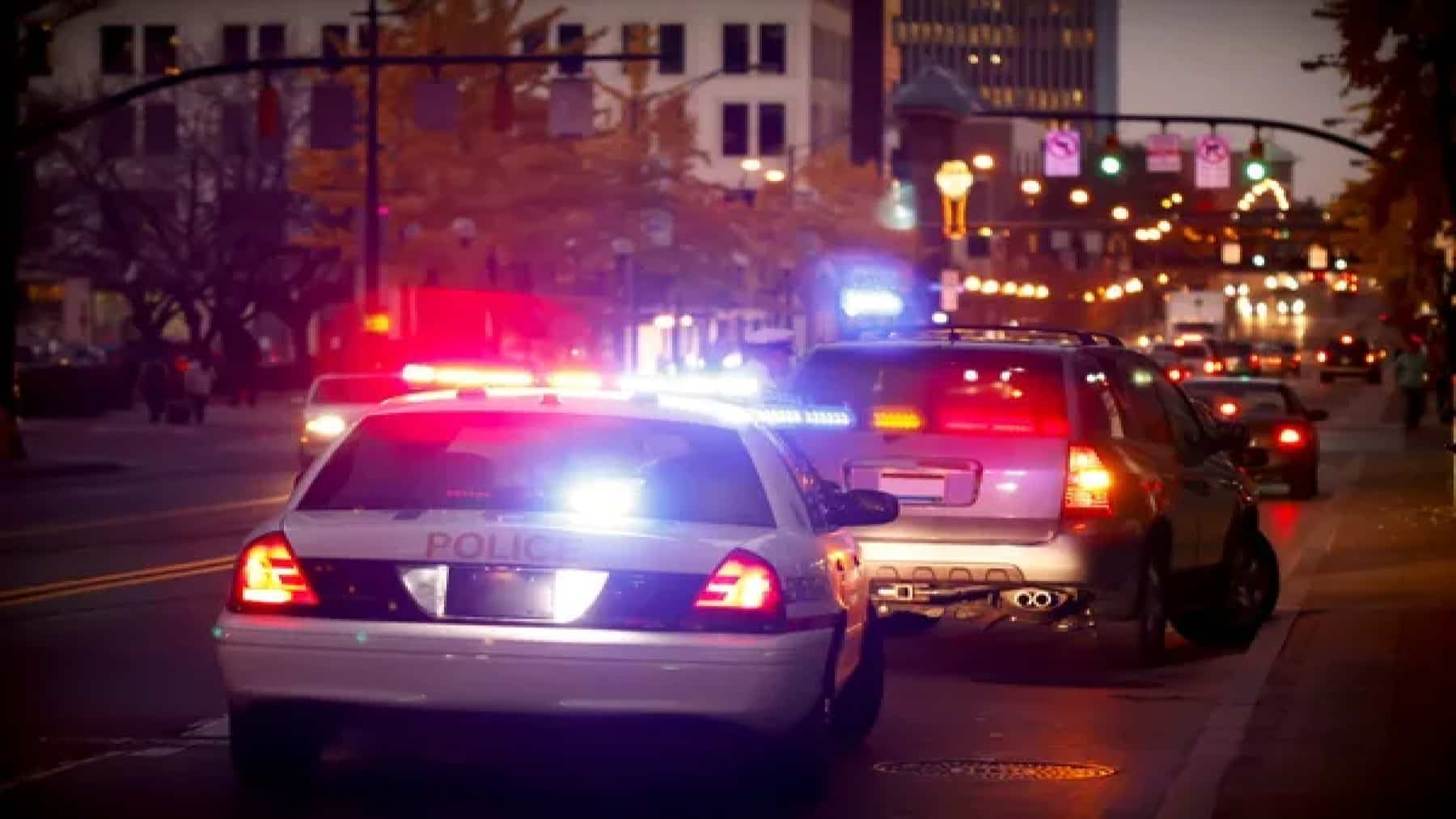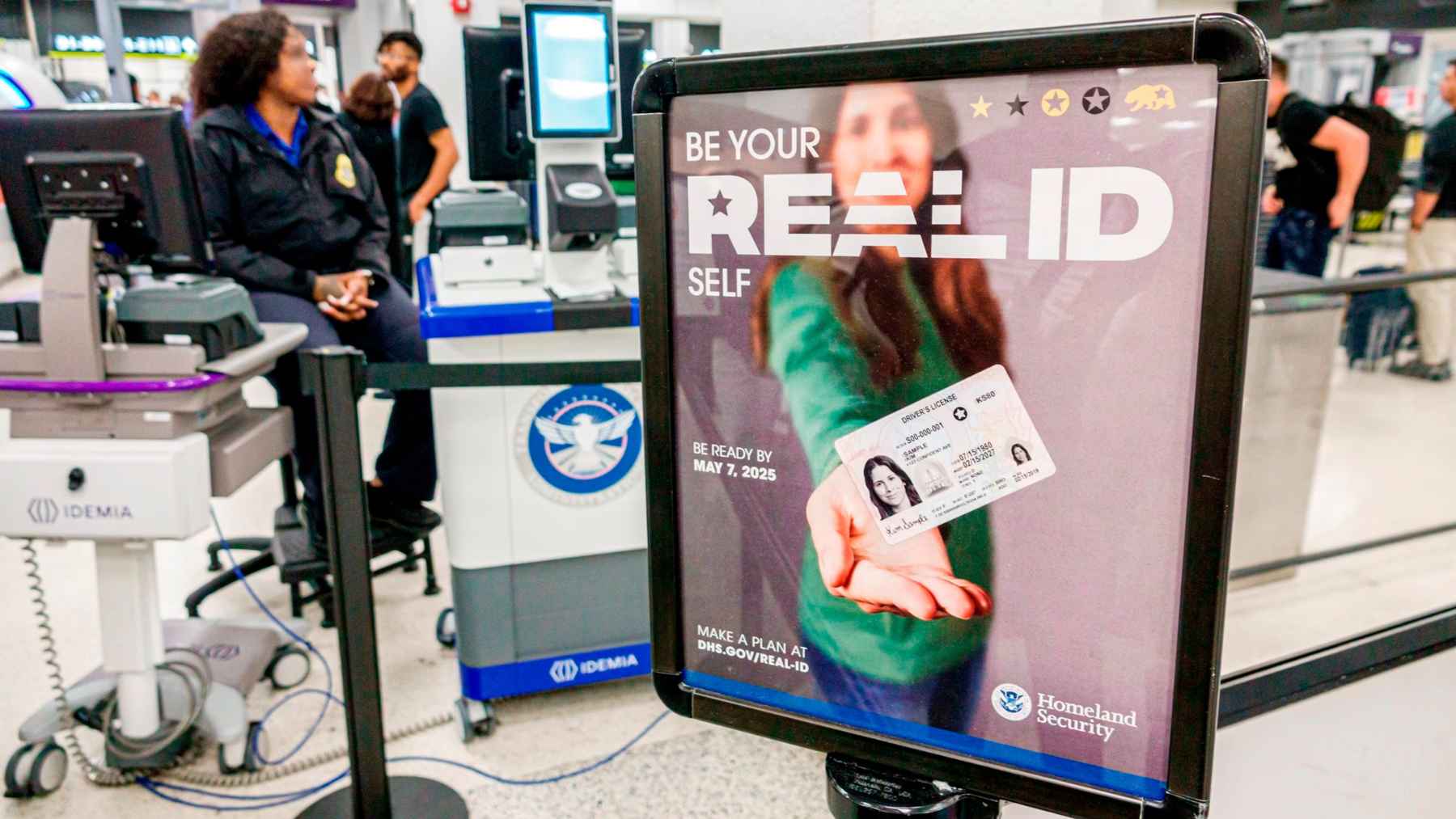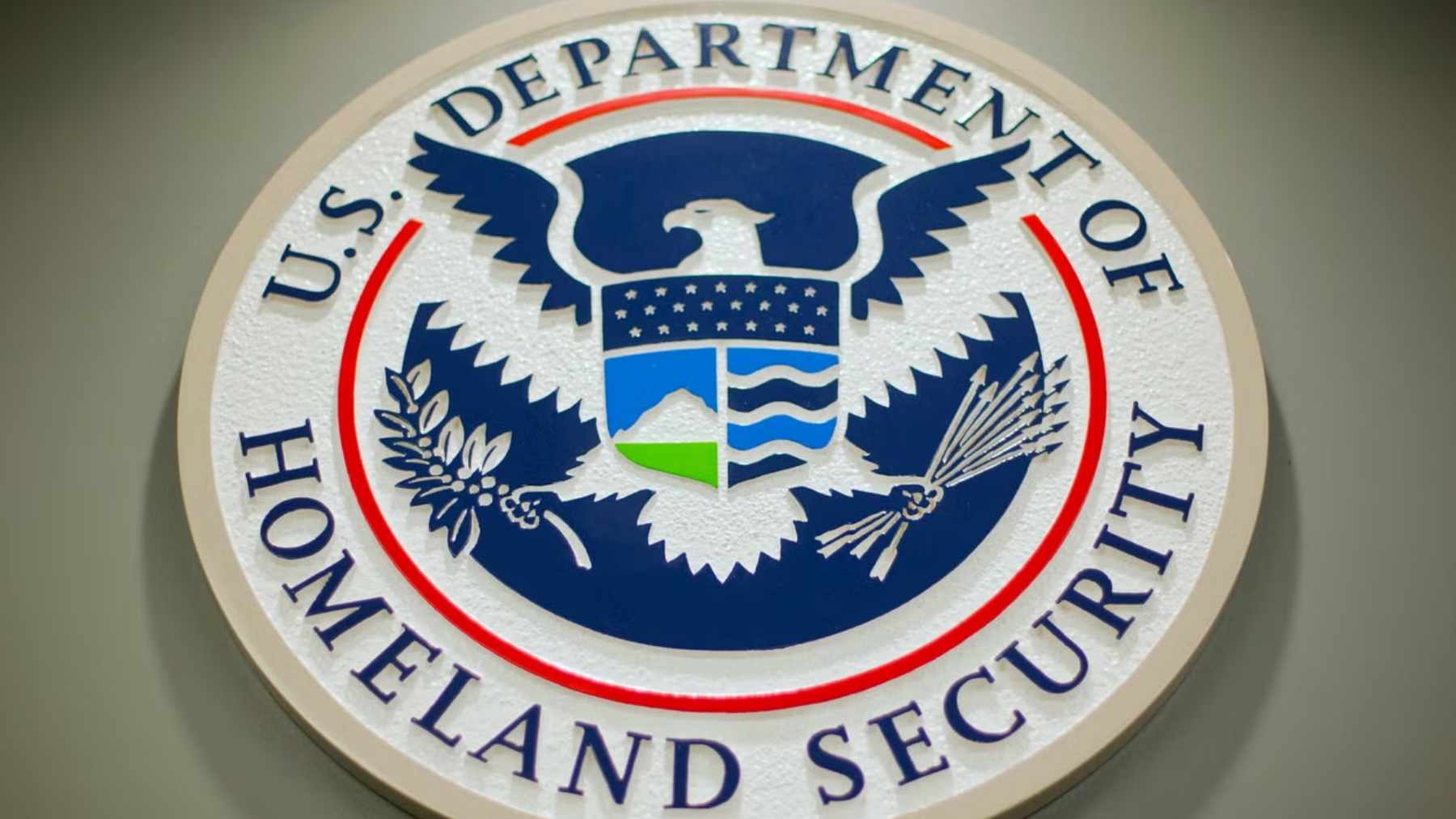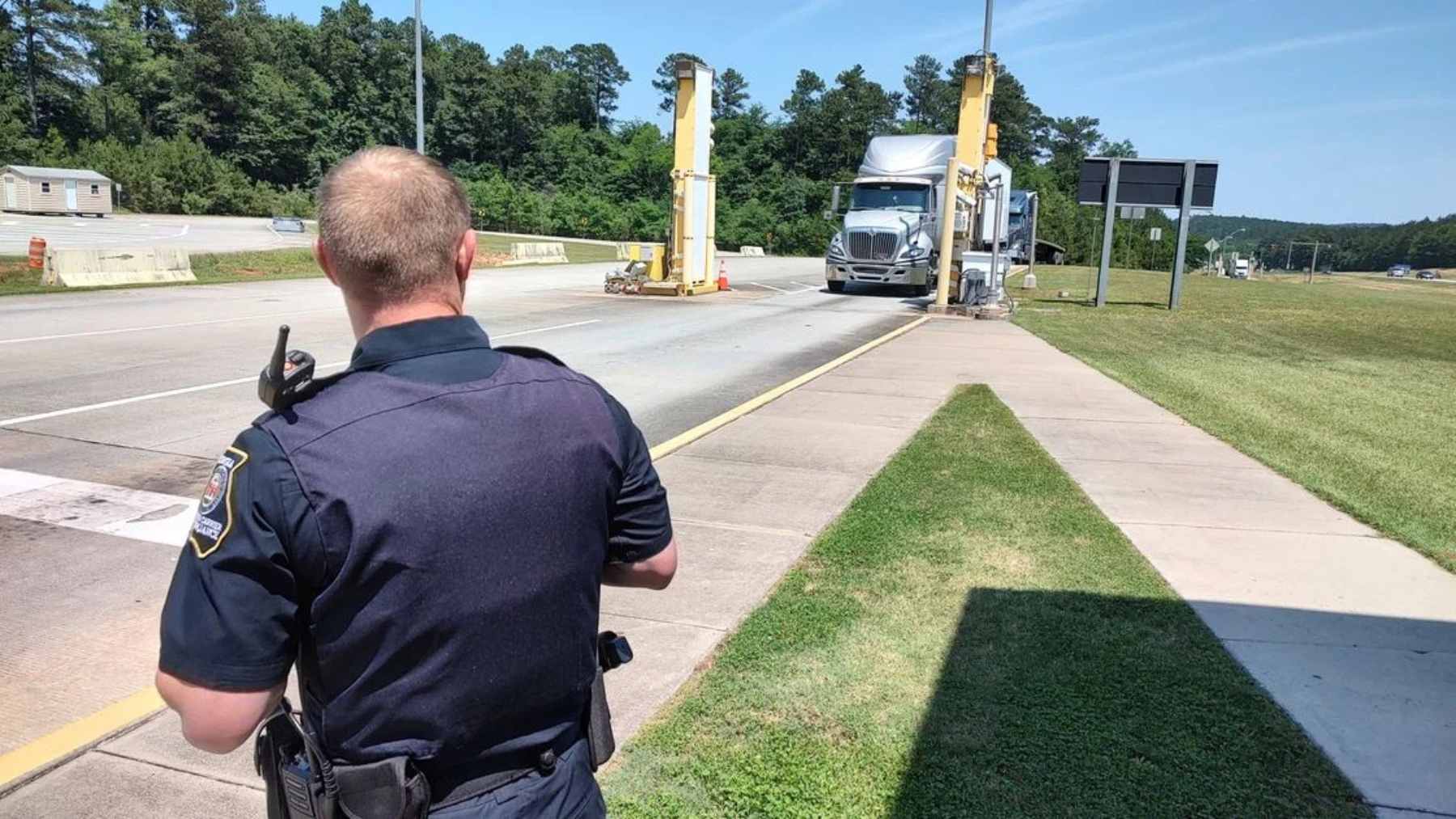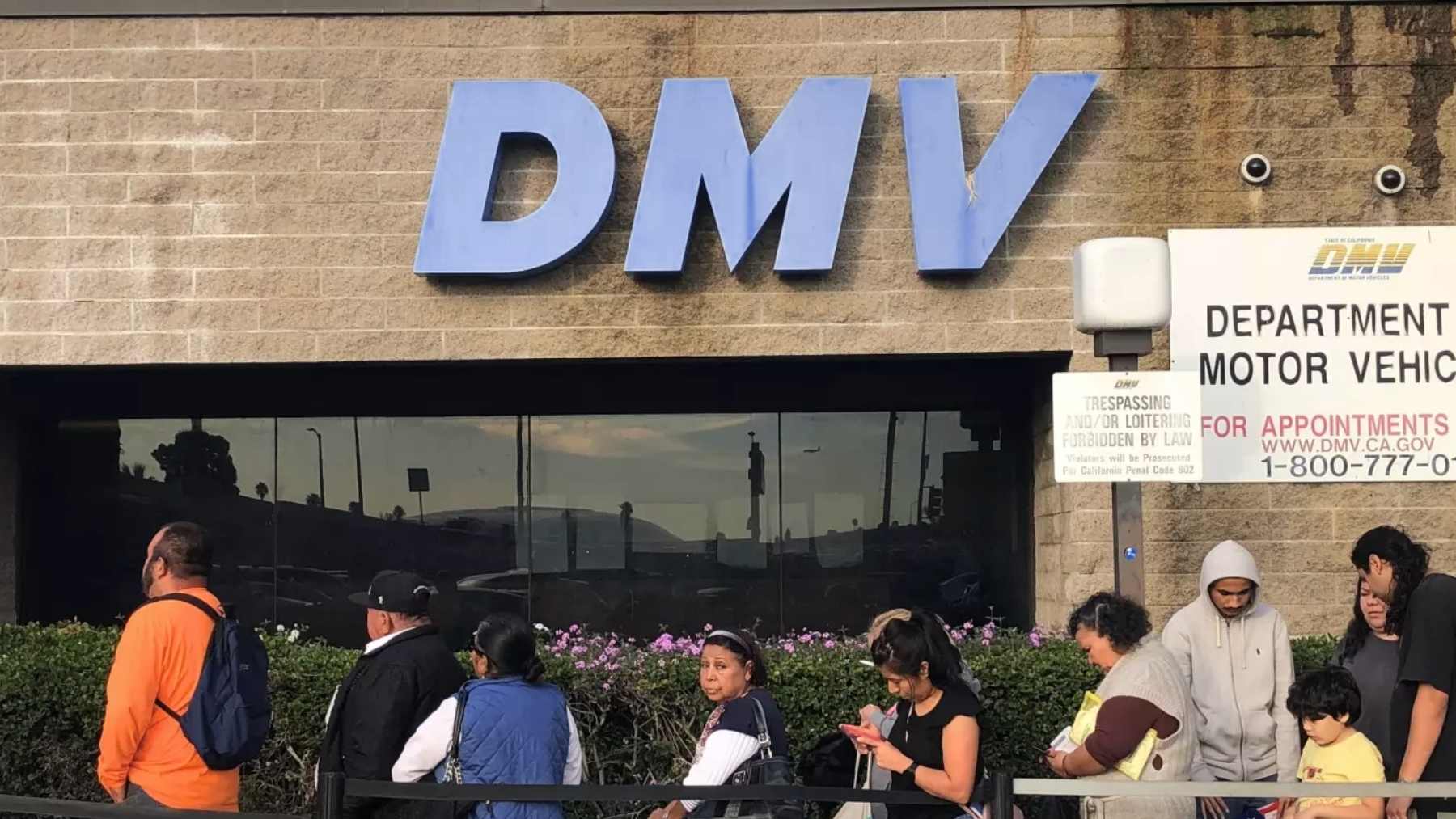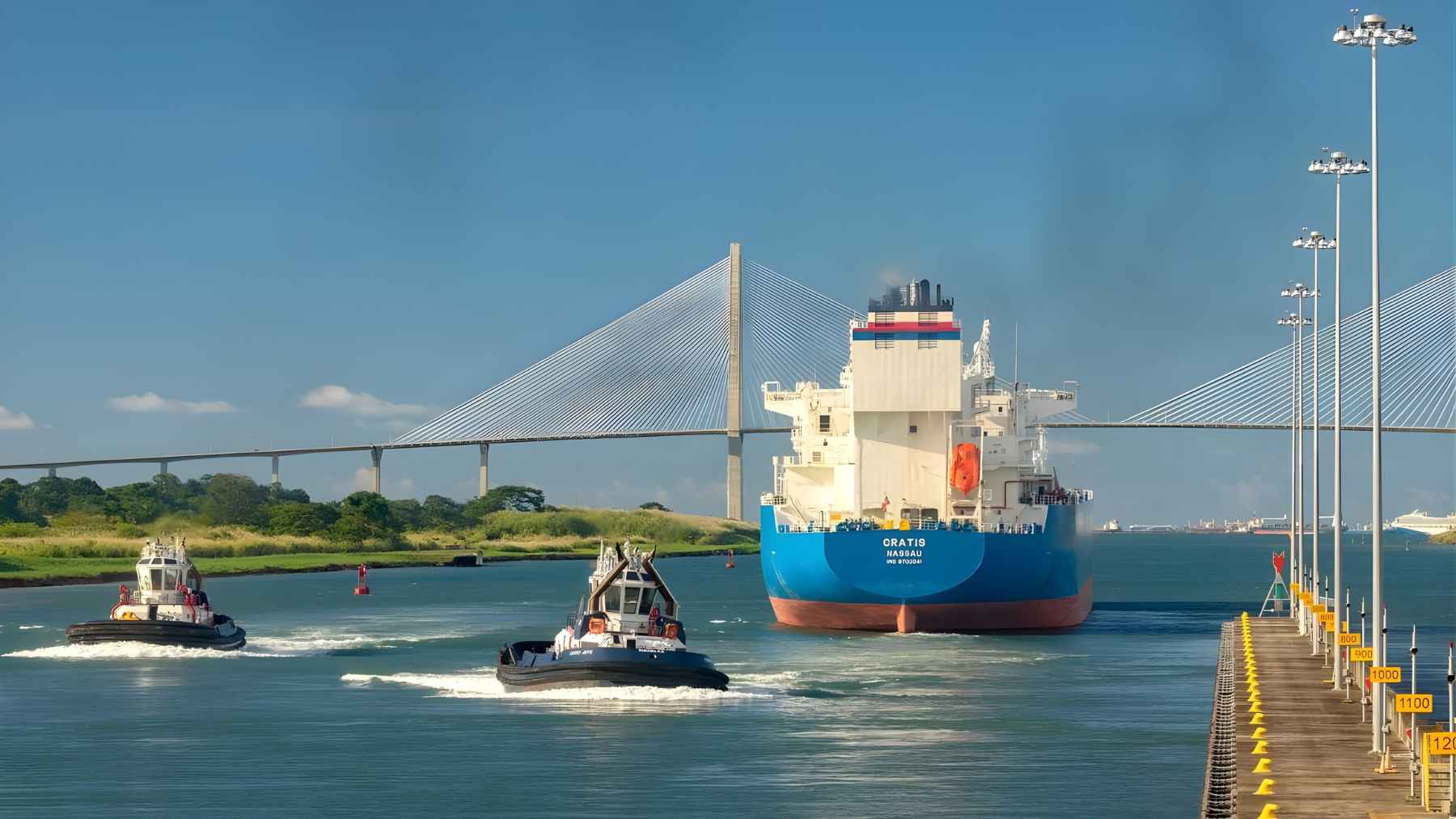Traffic stops are generally met with apprehension and resentment from drivers. Not only can they be stressful experiences, but many road users also complain that police officers can be biased in which drivers they choose to pull over. This bias leads to an overall distrust in law enforcement, as well as an increasing fear of interactions with the police. However, this city will no longer see traffic stops by police officers as mandatory due to the controversy over concerns about bias from road users.
Why road users claim traffic stops are biased
It has been routinely found that people of color (POC) are disproportionately stopped more than white drivers during traffic stops. Not only that, they are more likely to have their vehicles searched and be subject to more forceful behavior from law enforcement. The Stanford Open Police Project published in 2020 that black drivers are about 20 percent more likely to be stopped than white drivers relative to their share of the residential population.
“For folks already known to law enforcement because of their advocacy, their organization, and their refusal to stay silent, these stops become tools of harassment and tools of retaliation,” said Joe Davis of RISE Houston to HoustonPress.
Discrepancies in fair randomization for these road stops have led to advocacy efforts to have them removed entirely from police routines unless there is a clear violation of a driver on the road to warrant them to be pulled over.
This city says goodbye to traffic stops
In light of these problems related to traffic stops, the Houston Police Department in Texas has officially removed the requirement that all officers must make at least one traffic stop per shift. The move comes in lieu of not only the complaints related to traffic stop bias, but also due to City Council members revealing that they were not aware the routine was still in action, as the Council has never actually voted for it.
According to Council members, the recommendation to pull over one driver per shift was made in 2022 amidst a rise in catalytic converter theft and fraudulent paper license tags during the COVID-19 pandemic. Now, however, the Council has stated that this need not be seen as a mandatory activity for officers. Agenda Item #43 in the Houston City Council was officially rescinded at the end of last month. The moves were met with praise from civil rights advocates:
“Traffic stops can escalate from routine to very dangerous for Black, brown and low-income individuals,” said Christopher Rivera, outreach coordinator for Texas Civil Rights Project and a member of RISE Houston. “When we took a look at the racial disparities of these types of stops, we know that Black drivers were searched, stopped, arrested and experienced use of force at higher rates compared to other racial demographics.”
States spur initiatives to create safer roads
The elimination of routine traffic stops to create a safer driving environment is an overlooked angle with regard to ensuring road safety. While many states have continued to target speeding and distracted driving incidents, initiatives like the one seen in Houston highlight how road safety is not just about the manner of driving itself but also fostering trust with law enforcement.
However, road accidents involving speeding remain a dominant concern among traffic police. Many states have spurred multiple initiatives to reduce the total number of accidents and fatalities on the road as a result of speeding. These include higher fines, red-light cameras, automated technology to monitor roads, speed limit changes, and even speed-limiting devices to be installed in vehicles to ensure that the roads remain safe for all drivers and road users.
